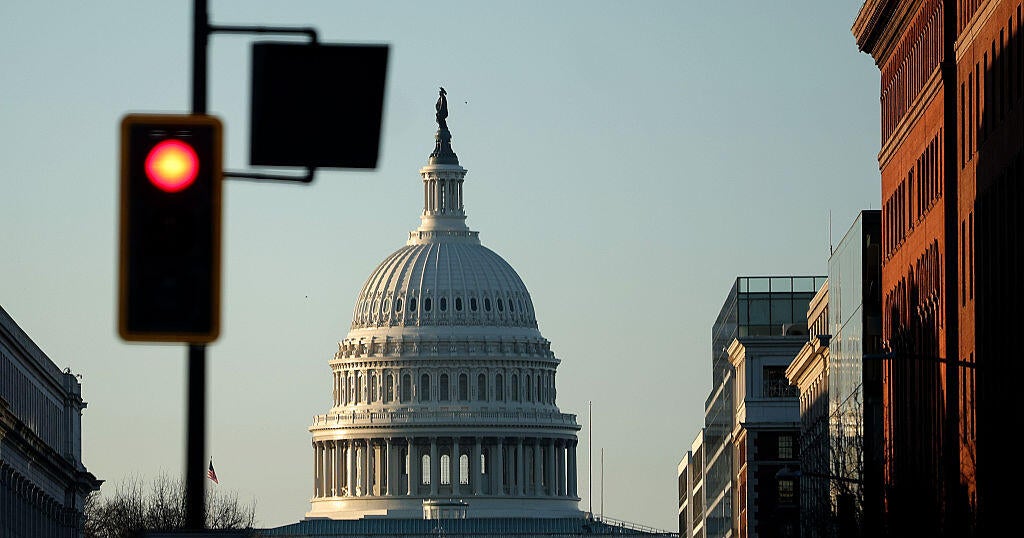With cap on deductions, lawmakers consider ways to help tax payers
Some states are taking action against the new federal tax law to make sure as many Americans as possible receive benefits. With 30 percent of Americans itemizing their deductions, the new tax law puts a $10,000 cap on state and local tax deductions. Previously, there was no limit.
That may mean higher taxes and a lot of confusion for some families, reports CBS News' Alex Wagner. New Jersey, New York, Connecticut, California, and Washington, D.C., have the highest average deduction claims.
Diana and Jeff Knight live in New Providence, New Jersey, with their three children. With major changes to the tax code, including a new limit on state and local tax (SALT) deductions, they worry about their long-term financial security.
"In some regards, we make less now than we made three years ago," Jeff said. "When there's the potential for more money to be leaving your pocket, you know, obviously, that is going to raise concern for you."
"There's times where, you know, yes… we do… feel like we are swimming upstream a little bit," Diana said.
The Knight family's annual deduction claims are about $18,000, near the New Jersey state average.
"The kids are getting bigger. We'd love to do an addition on the house because we need space," Jeff said.
"If we consider expanding on the house… then that also means that our property taxes would increase," Diana said.
With the cap on SALT deductions, which includes property taxes, millions of Americans may end up seeing a tax increase. Lawmakers are considering different ways to help them.
In New York, Gov. Andrew Cuomo is considering revamping payroll taxes to help offset the burden on individual taxpayers. One plan would lower wages, and employers would then pay the income difference to the state as a payroll tax on the employee's behalf. A bill being proposed in California would allow taxpayers to make charitable donations to a specific fund in exchange for an 85 percent tax credit.
Georgetown law professor Brian Galle said that option might work in Washington, D.C., where the annual average deduction claim is more than $16,000 a year.
"If you would've been able to deduct 16,000 and the new federal cap only allows you to deduct 10, you would donate six," Galle said.
The Trump administration said states should give their own tax cuts instead of working around federal tax law. But for many of these states, slashing taxes is not an option. New Jersey, for example, is already more than $100 billion in debt.
For the moment, families like the Knights must wait.
"There's a contention that this is going to be a great thing for everybody," Wagner said.
"Hopefully it won't be too much of a hit and perhaps we could benefit, but down the line, I'm not so sure about that," Diana said.
Part of California's proposal has been passed by the state senate and is awaiting a vote by the state assembly. New York, New Jersey and Connecticut are planning to sue the federal government over the new cap.



